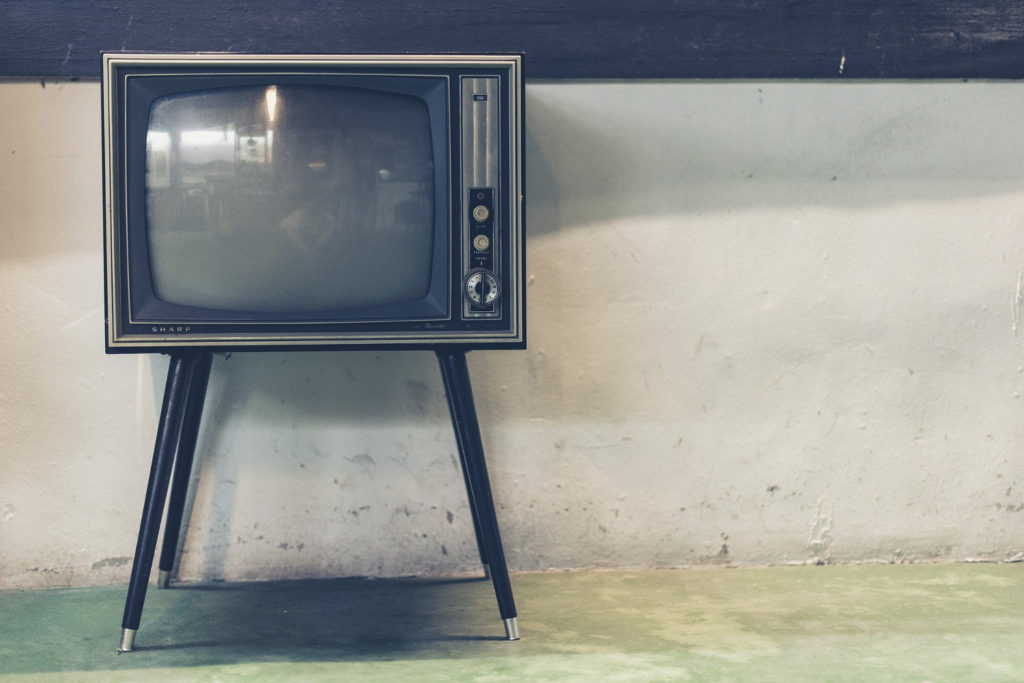A few years ago, a news story made the rounds about how scientists had discovered that reading fiction makes you more empathetic. And in fact, those lab technicians in white coats holding clipboards discovered it was literary fiction that made you especially sympathetic to the lives of others. You can’t simply read a Tom Clancy thriller and suddenly understand what it’s like to be an immigrant struggling to make ends meet.
I’ve always found this sort of thinking a more than a little self-congratulatory: “hey look,” the thought goes, “we read books, so we must be really nice!” And frankly, I’m convinced there are certain works of literature that make you a worse person (I’m looking at you, Kerouac, Bukowski, and Ayn Rand…).
And yet. Fiction feels so necessary. Not simply as escape from our own lives, but an escape into other lives. The philosopher Richard Rorty called novels “empathy machines,” and I think he was on to something. There’s nothing so close to mind reading as a well-crafted work of fiction–not even movies can take us so intimately into another person’s consciousness.
Here at Cascadia Magazine, this scrappy intellectual publication designed to explore ideas and culture from the Pacific Northwest, we’re committed to finding and publishing fiction from a wide range of voices — across boundaries of race, class, gender, sexuality, religion, and nationality. We want to destroy once and for all the cliche that Northwest fiction is the realm of a bunch of old white guys. Those days are done, and we’re thankful for it.
But you have to admit, life these days does seem a little more stupid than it used to. Not merely the current inhabitant of the White House, but our culture in general seems substantially shallower. Blame in on whatever you want — social media, shorter attention spans, political polarization, or avocado toast — but we’re determined here at Cascadia Magazine to fight The Stupid by publishing stuff that will give your gray matter a workout. Think of this site as cross-fit for your neurons.
The Pacific Northwest is chock full of great readers and writers. We almost always top bookish lists: most-used library systems, highest per-capita consumption of books, etc. etc. And holy cow are there a ton of writers here. Those fancy pour-over cafes are packed with would-be scribes hammering on their laptops and chewing the erasers of their Ticonderogas. Admittedly, we don’t have a long literary history here in the bioregion formed by the watershed of the Columbia and Fraser Rivers. But we seem to attract a large flocks writers — whether it’s to the creative writing programs at major universities or informal slam poetry sessions in dimly-lit bars. The Northwest (in its introverted way) provides community to writers with places like Hugo House in Seattle, Hedgebrook on Whidbey Island, and Attic Institute in Portland. Reading series at Powell’s, Elliott Bay, Seattle Arts & Lectures, The Vancouver Institute, are often shockingly full of people (the dark winter days don’t hurt turnout, I’m sure…)
Oh, and while we’re in a mood of boosterism, don’t forget all those little independent presses all over the Northwest. New literary journals, graphic novel publishers, web sites, and zines are popping up all the time (yup, add us to the list…).
And yet. It does feel as though our literary compass still faces east, toward Brooklyn and Manhattan, where all the action is. Don’t get me wrong, Cascadia authors aren’t ignored by the New York magazines and publishing houses. You’ll find Sherman Alexie in the New Yorker, and Chuck Palaniuk and Ursula K. LeGuin and Douglas Copeland and all the thousands of others well-represented back east. But flip through the pages of N+1 or scroll through Guernica or The Millions, and it’s clear there’s a ton of stuff about life between the Hudson and JFK.
Cascadia has a different culture. And that culture is continually changing, since we’re the fastest-growing region in North America. Maybe it’s a little less brash than the east coast, yes we should all probably gaze a little less at our day-hiking boots glazed with rain water and stand up for the literary culture of the Pacific Northwest. Anyway, that’s what we’re going to do here at Cascadia Magazine, and hopefully you’ll find it less boring than this essay.
Our goal is straightforward: we aim to publish thought-provoking work and pay the writers who create it a fair wage for their efforts.
If that’s a goal you want to support, we encourage you to visit our membership page and make a donation.
Thanks.
Want to help support writers of fiction in Seattle? Donate to Hugo House.


